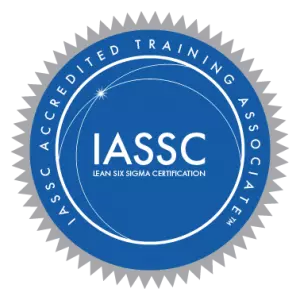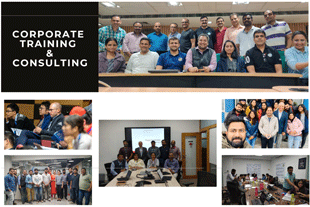The Certified Construction Management Professional (CMP) designation is the only internationally recognized certification that delivers a comprehensive, in-depth curriculum tailored specifically to the construction industry.
Designed for professionals aiming to advance their careers, the CMP program equips construction project managers with the skills to lead, plan, and manage contracts effectively. It also prepares them to tackle industry challenges and stay competitive in a constantly evolving landscape.
Construction Management Certification is a professional credential that validates an individual’s skills and expertise in managing construction projects efficiently. As the construction industry grows more complex, certified construction managers are increasingly in demand to ensure projects are completed on time, within budget, and to the required quality standards.
Why Pursue a Construction Management Certification?
-
Enhanced Credibility
Certification demonstrates a commitment to professionalism and continuous learning, making candidates more attractive to employers and clients. -
Broader Career Opportunities
Certified professionals often qualify for advanced roles such as project manager, construction superintendent, or cost estimator. -
Higher Earning Potential
Many organizations offer higher salaries to certified managers due to their verified capabilities. -
Industry Recognition
A well-recognized certification, such as the Certified Construction Manager (CCM) or Associate Constructor (AC), sets you apart in a competitive field.
Chapter 1: Construction Projects Management Framework
Chapter 2: Planning Project Works Scope and Its Integration Processes
Chapter 3: Defining Project Activities
Chapter 4: Project CPM/PERT Network Analysis
Chapter 5: Precedence Network Analysis
Chapter 6: Scheduling Project Work and Resources
Chapter 7: Planning Construction Manpower
Chapter 8: Planning Construction Materials
Chapter 9: Project Construction Equipment
Chapter 10: Selecting Construction Equipment
Chapter 11: Planning Construction Costs
Chapter 12: Contractor’s Construction Budget
Chapter 13: Controlling Project Integration and Work Scope
Chapter 14: Controlling Resources Productivity
Chapter 15: Contractor’s Cost Control System
Chapter 16: Controlling Project Time Schedule
Chapter 17: Risk Management at Construction Site—An Overview
Chapter 18: Project Management Information System (PMIS)
From the course:
Construction costs are identified and predicted reliably during the design phase. Team interacts relating to construction cost, completion schedule, and quality work to maximize owner’s value. C.M. contributes to a synergistic team approach in the owner’s interest.
Value engineering by C.M. can be done at this time when it can be implemented into the design. Major design decisions can be made on the basis of complete information.
A professional Construction Manager will:
1. Serve as an objective, experienced Owner’s Representative to protect the Client’s and project’s best interests first and foremost.
2. Reduce overall project costs, usually well in excess of their fees. Savings include enhanced competitive bidding, contract negotiation, value engineering, reduced change orders, reduction in time, and elimination of unnecessary scope and cost.
3. Centralize communication, acting as project liaison to fully and seamlessly integrate all participants.
4. Advise the Client on retention of the best qualified and appropriate project team.
5. Enhance quality control to reduce potential for defects and poor workmanship.
6. Provide realistic and reliable budgets.
7. Optimize and accelerate the design and construction schedule.
8. Provide cost effective document controls, including contract negotiation and issuance on standard AIA forms, insurance review, and substantiation of invoices of all project participants to ensure correctness.
9. Protect the Owner from unnecessary liability.
10. Provide management expertise, applying resources wherever needed.
Construction Project Managers can be employed by private organisations, such as large construction or development companies, or they can be employed in the public sector.
Alternatively, Construction Project Managers can be self-employed. You will leave with the knowledge to plan construction projects and manage project information, lead and work effectively with project teams as well as the skills to analyse corporate problems, alternative strategies, and to implement these changes.
People with qualifications or experience in Construction Project Management can be employed in positions such as Project Engineer, Project/Area Superintendent, Project Manager, Estimator or Senior/Chief Estimator.

















.jpg)

.webp)



















